Pezeshkian won against Saeed Jalili, a former nuclear negotiator who is firmly against engaging with Western countries.
The election of a lesser-known reformist as Iran’s new president could keep the possibility of diplomatic talks about the country’s nuclear programme open, particularly if the winner of the US presidential election in November decides to resume negotiations. Masoud Pezeshkian, a 69-year-old heart surgeon and former health minister, won 53% of the votes in a runoff election on Friday. He will replace Ebrahim Raisi, the ultra-conservative former president who died in a helicopter crash in May. Pezeshkian is currently a member of Parliament.
Pezeshkian won against Saeed Jalili, a former nuclear negotiator who is firmly against engaging with Western countries. Jalili’s critics were concerned that he would bring about strict, Taliban-like rules in society. Pezeshkian is considered a moderate within Iran’s Shi’ite leadership and has promised to relax social restrictions, including the need for women to wear a hijab.
During the short campaign, Pezeshkian stated that he would directly negotiate with the United States to remove the sanctions that have severely impacted Iran’s economy. In a speech on Saturday (July 6), Pezeshkian reportedly said he was there to seek lasting peace, stability and cooperation in the region, along with dialogue and constructive interaction with the world.
His campaign promise to engage more with other countries will be tested in a system where the Parliament is controlled by hardliners and supreme leader Ayatollah Ali Khamenei has the final say on all state matters.
Ali Vaez, the Iran project director for the International Crisis Group, told Al-Monitor media house that the fact that Iran’s leadership allowed a reformist candidate to win for the first time since 2001 indicated they recognized a need for some changes. Vaez mentioned that there was now more political willingness in Tehran to reach an understanding with the West, which could bring some economic relief.
Pezeshkian has advocated for reviving the 2015 nuclear agreement between Iran and world powers, which set strict limits on Iran’s nuclear activities in exchange for lifting international sanctions. Since former President Donald Trump withdrew the US from the nuclear deal in 2018 and reimposed tough sanctions on Iran’s oil industry and financial sector, Iran has gradually expanded its nuclear programme. The US now estimates that Tehran’s breakout period—the time it would take to gather enough material for one nuclear bomb, if it decided to—has shortened from one year to just ‘weeks or less’.
On Monday (July 8), State Department spokesperson Matthew Miller, upon being asked about the possibility of renewed nuclear diplomacy under Pezeshkian, said they would first let him take office. Miller further said that diplomacy was the best way to find a lasting solution to Iran’s nuclear programme. However, they were still far from any meaningful diplomatic resolution at the moment because of Iran’s overall escalation.
Tensions with the West have been high because Iran has supplied armed drones to Russia, which have fuelled the war in Ukraine. Shortly after his victory, Pezeshkian called Putin to assure him of Tehran’s support for Moscow. The president-elect indicated that Iran’s support for Middle East proxy groups would continue unchanged. In a letter to Hezbollah leader Hassan Nasrallah on Monday (July 8), he wrote that “support for resistance groups will continue vigorously”.
Iran-aligned groups in Syria and Iraq have reduced their attacks on US forces, but Hezbollah in Lebanon continues to exchange fire with Israel. Meanwhile, Houthi rebels in Yemen have been attacking maritime trade in the Red Sea and nearby waters for several months. Over the past year, senior US officials have held several rounds of indirect talks with Iranian officials in Oman to try to reduce tensions.
Vali Nasr, a professor of international affairs and Middle East studies at Johns Hopkins University, told the media that sanctions-hit Iran still had reasons to continue talks with the US. Nasr also said that Pezeshkian’s main goal was to find ways to engage with the West. The reality was that the supreme leader had been open to serious diplomatic efforts, which was why he had allowed the Raisi government to participate in talks in Vienna. President Joe Biden had promised to restore the broken nuclear agreement when he took office. After more than a year of indirect talks in Vienna, a deal seemed close.
The Iranians then made demands that the Biden Administration could not accept, including a guarantee that future US presidents would not abandon the nuclear deal. By November 2022, Biden declared the deal dead. The following year, Iran released five Americans in a prisoner exchange, allowing Tehran limited access to $6 billion in frozen funds. However, those funds were restricted again after October 7.
Analysts say Pezeshkian is likely to fill his foreign policy team with experienced diplomats who worked with the Biden Administration on the nuclear deal and during President Obama’s term. Mohammad Javad Zarif, the former foreign minister who worked with then Secretary of State John Kerry on the original negotiations, campaigned for Pezeshkian and will, possibly, stay on as a senior adviser. Pezeshkian is expected to appoint Zarif’s former deputy, Seyed Abbas Araghchi, as his foreign minister.
Vaez also said that, with Pezeshkian’s new foreign policy team, the West now has a viable partner in Tehran who understands international diplomacy. Tehran is closely watching the US presidential election. If Trump wins in November, it could mean the return of his Administration’s “maximum pressure campaign” of sanctions aimed at getting Iran to agree to a stronger nuclear deal that also addresses its regional terrorism and missile programme.
A second term for Biden or another Democratic president could lead to a renewed effort for a more limited deal to curb Iran’s nuclear ambitions. Analysts say Iran’s nuclear programme is now too advanced to return to the 12-month “breakout time” set by the 2015 deal.
Meanwhile, Iran is not expected to make major concessions until they know who the next US president will be, and Biden is also unlikely to make any concessions before November. The two sides may resume their de-escalation talks, possibly even during the UN General Assembly in New York this September, if they can hold the meeting discreetly with the presidential election only weeks away.
Nasr said that Pezeshkian’s election, notwithstanding Trump or Biden after January, gave the West a chance to see if a serious diplomatic process to contain the nuclear issue and reduce tensions was possible.
(The author of this article is a Defence, Aerospace & Political Analyst based in Bengaluru. He is also Director of ADD Engineering Components, India, Pvt. Ltd, a subsidiary of ADD Engineering GmbH, Germany. You can reach him at: girishlinganna@gmail.com)
![submenu-img]() 'Milord lunch is missing': Monkey enters SC, steals lunch, WATCH viral video
'Milord lunch is missing': Monkey enters SC, steals lunch, WATCH viral video![submenu-img]() 'Don’t want wife...': Amitabh Bachchan had one condition before marrying Jaya Bachchan, asked her to choose..
'Don’t want wife...': Amitabh Bachchan had one condition before marrying Jaya Bachchan, asked her to choose..![submenu-img]() Meet Shark Tank India's newest judge, set to join Anupam Mittal, Aman Gupta, Namita Thapar, to replace Deepinder Goyal
Meet Shark Tank India's newest judge, set to join Anupam Mittal, Aman Gupta, Namita Thapar, to replace Deepinder Goyal![submenu-img]() Amitabh Bachchan asked Anant, Akash and Isha Ambani about Reliance's first-ever business, it was..
Amitabh Bachchan asked Anant, Akash and Isha Ambani about Reliance's first-ever business, it was..![submenu-img]() This is India's longest train route covering 4189 kms in 75 hours, not Rajdhani, Shatabdi, Vande Bharat, Tejas, Duranto
This is India's longest train route covering 4189 kms in 75 hours, not Rajdhani, Shatabdi, Vande Bharat, Tejas, Duranto![submenu-img]() Haryana Assembly Election Results 2024: वोट शेयर बढ़ाकर भी कैसे पिछड़ गई कांग्रेस, 5 पॉइंट्स में समझें पूरी बात
Haryana Assembly Election Results 2024: वोट शेयर बढ़ाकर भी कैसे पिछड़ गई कांग्रेस, 5 पॉइंट्स में समझें पूरी बात![submenu-img]() J-K Assembly Election Result 2024 live: जम्मू-कश्मीर की इस सीट पर AAP का खुला खाता, भाजपा और कांग्रेस-NC के बीच जारी है कड़ी टक्कर
J-K Assembly Election Result 2024 live: जम्मू-कश्मीर की इस सीट पर AAP का खुला खाता, भाजपा और कांग्रेस-NC के बीच जारी है कड़ी टक्कर![submenu-img]() क्या Exit poll नतीजे एक तरह का 'फर्जीवाड़ा'? मेंटल हेल्थ पर डालते हैं गंभीर असर, समझें क्या कहते हैं मनोवैज्ञानिक एक्सपर्ट
क्या Exit poll नतीजे एक तरह का 'फर्जीवाड़ा'? मेंटल हेल्थ पर डालते हैं गंभीर असर, समझें क्या कहते हैं मनोवैज्ञानिक एक्सपर्ट![submenu-img]() Haryana Assembly Election Result 2024 Live: हरियाणा में बीजेपी हैट्रिक की ओर, 50 सीटों पर बनाई बढ़त
Haryana Assembly Election Result 2024 Live: हरियाणा में बीजेपी हैट्रिक की ओर, 50 सीटों पर बनाई बढ़त ![submenu-img]() Haryana Election Results 2024: 'आपके आरोप बेबुनियाद, पुख्ता सबूत मौजूद', कांग्रेस की शिकायत पर EC का जवाब
Haryana Election Results 2024: 'आपके आरोप बेबुनियाद, पुख्ता सबूत मौजूद', कांग्रेस की शिकायत पर EC का जवाब![submenu-img]() This company overtakes Ratan Tata's firm to become India’s…; it is owned by…
This company overtakes Ratan Tata's firm to become India’s…; it is owned by…![submenu-img]() Mahindra Thar ROXX booking to start from..., check waiting period, details
Mahindra Thar ROXX booking to start from..., check waiting period, details![submenu-img]() BMW launches CE 02 electric scooter in India; price starts at Rs…
BMW launches CE 02 electric scooter in India; price starts at Rs…![submenu-img]() Mahindra Thar Roxx 4x4 prices revealed, starts at Rs…
Mahindra Thar Roxx 4x4 prices revealed, starts at Rs…![submenu-img]() Sebi gives nod to Hyundai India's Rs 20,000 crore IPO, listing month is...
Sebi gives nod to Hyundai India's Rs 20,000 crore IPO, listing month is...![submenu-img]() Meet Bhavik Bansal who cracked NEET with AIR 1, topped AIIMS MBBS entrance exam, he is now...
Meet Bhavik Bansal who cracked NEET with AIR 1, topped AIIMS MBBS entrance exam, he is now...![submenu-img]() Meet IIT-JEE topper with 334 marks in JEE Advanced, went to IIT Bombay with AIR 1, left after a year due to....
Meet IIT-JEE topper with 334 marks in JEE Advanced, went to IIT Bombay with AIR 1, left after a year due to....![submenu-img]() GATE 2025: Registration ends today, apply with late fee at...
GATE 2025: Registration ends today, apply with late fee at...![submenu-img]() ISRO Recruitment 2024: Government job vacancies for 103 posts, salary up to Rs 208700, check eligibility, other details
ISRO Recruitment 2024: Government job vacancies for 103 posts, salary up to Rs 208700, check eligibility, other details![submenu-img]() Meet IIT drop out, who cracked JEE twice, cracked UPSC exam to become IAS officer, then resigned due to...
Meet IIT drop out, who cracked JEE twice, cracked UPSC exam to become IAS officer, then resigned due to...![submenu-img]() After Hassan Nasrallah's Death, This Cleric Is Now Tipped To Be Hezbollah Leader | Israel | Lebanon
After Hassan Nasrallah's Death, This Cleric Is Now Tipped To Be Hezbollah Leader | Israel | Lebanon![submenu-img]() Hashem Safieddine, Cousin Of Hassan Nasrallah To Become Hezbollah's New Chief | Israel-Lebanon War
Hashem Safieddine, Cousin Of Hassan Nasrallah To Become Hezbollah's New Chief | Israel-Lebanon War![submenu-img]() Israel Hezbollah War: Nasrallah's Death, A Turning Point for Hezbollah's Future? Experts Explain
Israel Hezbollah War: Nasrallah's Death, A Turning Point for Hezbollah's Future? Experts Explain![submenu-img]() Israel Hezbollah War: Hassan Nasrallah's Death Leads To Protests In J&K, Ex-CM Mehbooba Mufti Reacts
Israel Hezbollah War: Hassan Nasrallah's Death Leads To Protests In J&K, Ex-CM Mehbooba Mufti Reacts![submenu-img]() Israel Hezbollah War: Nasrallah's Death Leads To Protest By Women & Children In Jammu And Kashmir
Israel Hezbollah War: Nasrallah's Death Leads To Protest By Women & Children In Jammu And Kashmir![submenu-img]() Meet Shark Tank India's newest judge, set to join Anupam Mittal, Aman Gupta, Namita Thapar, to replace Deepinder Goyal
Meet Shark Tank India's newest judge, set to join Anupam Mittal, Aman Gupta, Namita Thapar, to replace Deepinder Goyal![submenu-img]() Meet IIT graduate who built Rs 840 biryani business, later took over global food giant, he is....
Meet IIT graduate who built Rs 840 biryani business, later took over global food giant, he is....![submenu-img]() Meet man who studied at IIT Madras, worked for 23 years with Microsoft, now leads company worth Rs 25.91 lakh crore as..
Meet man who studied at IIT Madras, worked for 23 years with Microsoft, now leads company worth Rs 25.91 lakh crore as..![submenu-img]() Meet man who worked at oil refinery to save money for his firm, now owns business worth Rs 80000 crore
Meet man who worked at oil refinery to save money for his firm, now owns business worth Rs 80000 crore![submenu-img]() Mukesh Ambani, Isha Ambani’s platform brings another global brand in India, launches...
Mukesh Ambani, Isha Ambani’s platform brings another global brand in India, launches...![submenu-img]() Meet Bigg Boss 18 contestant Nyra Banerjee with 400 pair of clothes
Meet Bigg Boss 18 contestant Nyra Banerjee with 400 pair of clothes![submenu-img]() 10 times Aabha Paul sizzled in red, sultry photos, sexy videos
10 times Aabha Paul sizzled in red, sultry photos, sexy videos![submenu-img]() 7 famous railway bridges in India
7 famous railway bridges in India![submenu-img]() 6 reasons to avoid buying a black car
6 reasons to avoid buying a black car![submenu-img]() In pics: Kareena Kapoor looks mermerising in statement Manish Malhotra saree at Singham Again trailer launch
In pics: Kareena Kapoor looks mermerising in statement Manish Malhotra saree at Singham Again trailer launch
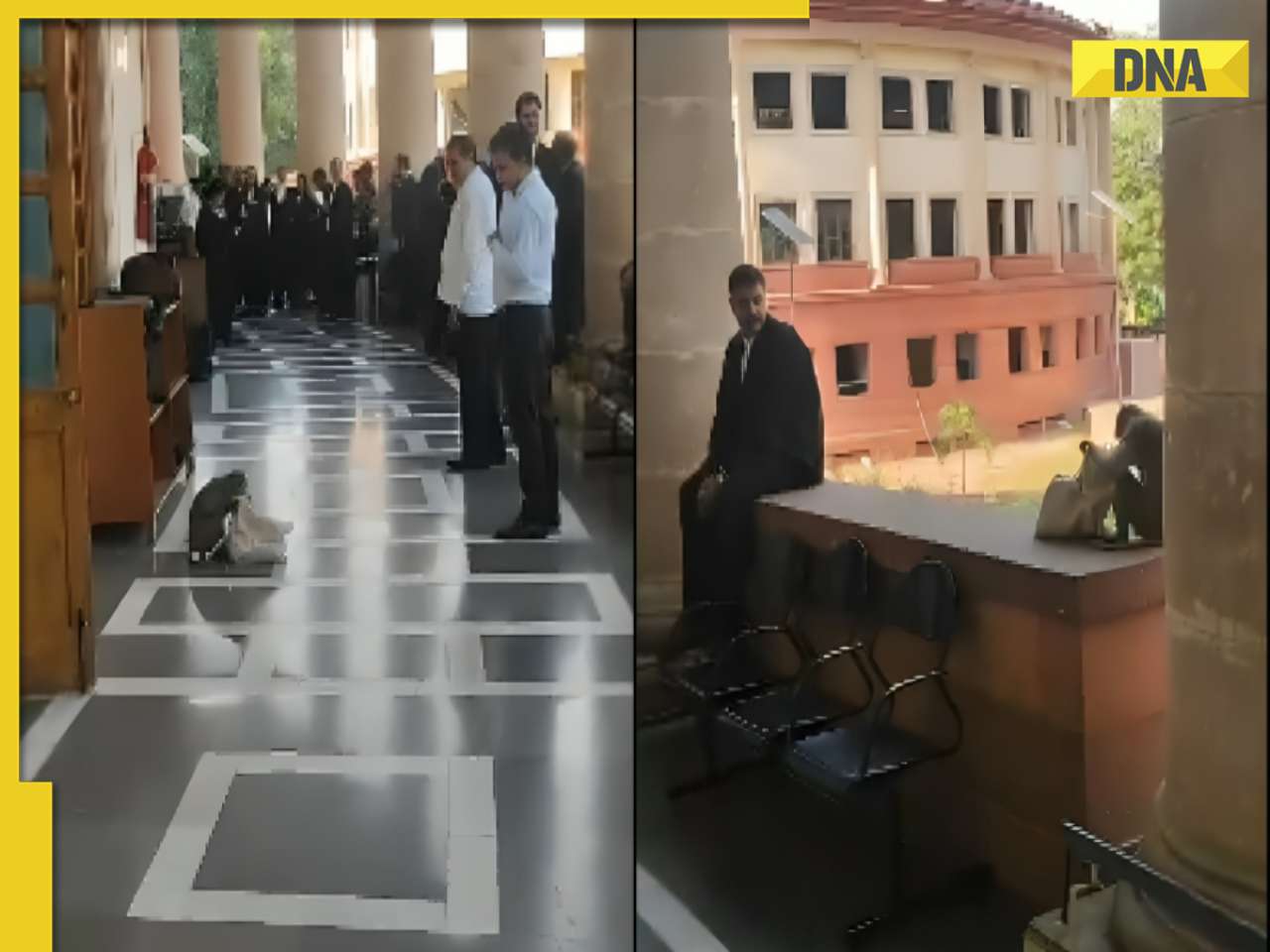

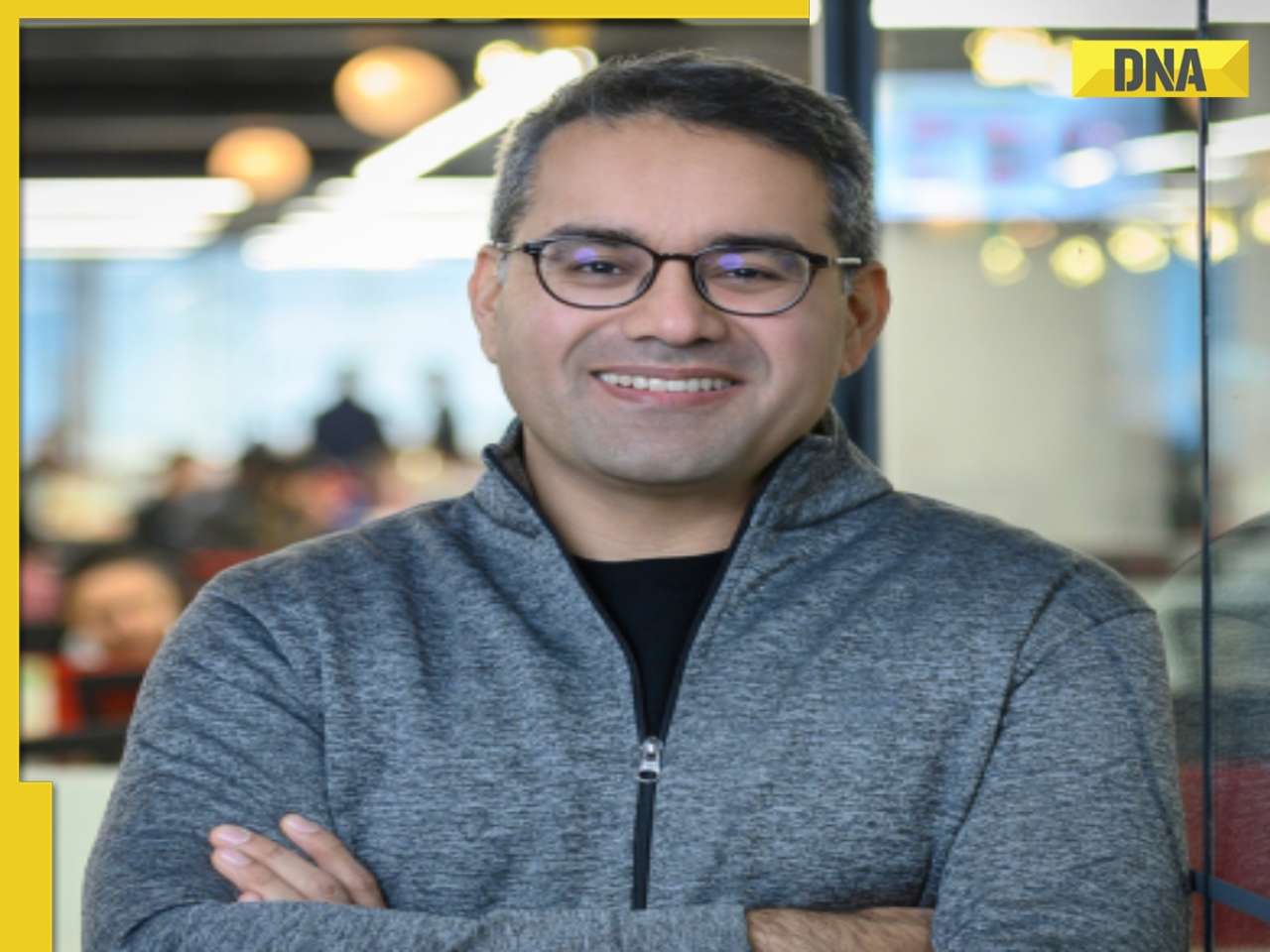
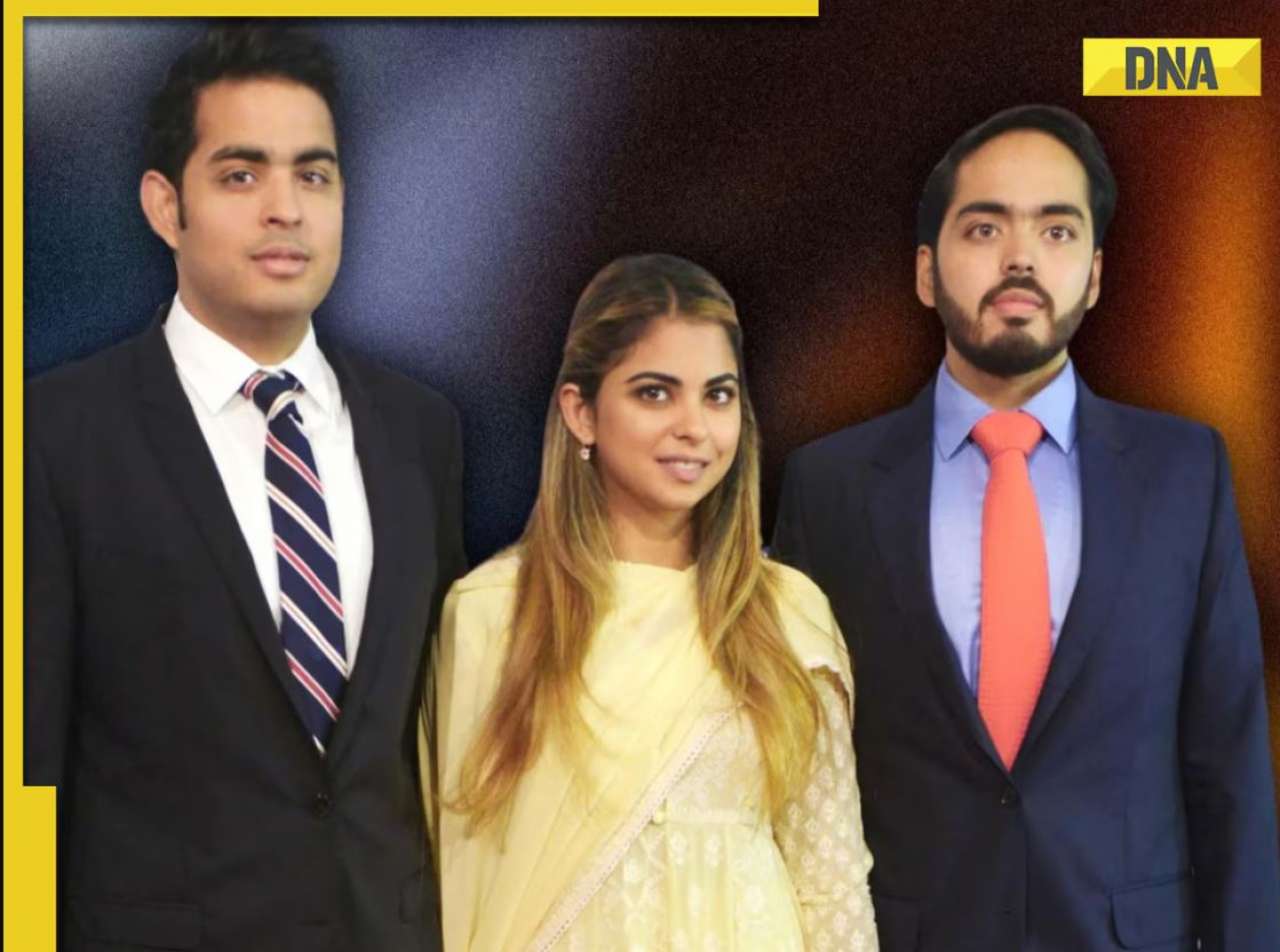
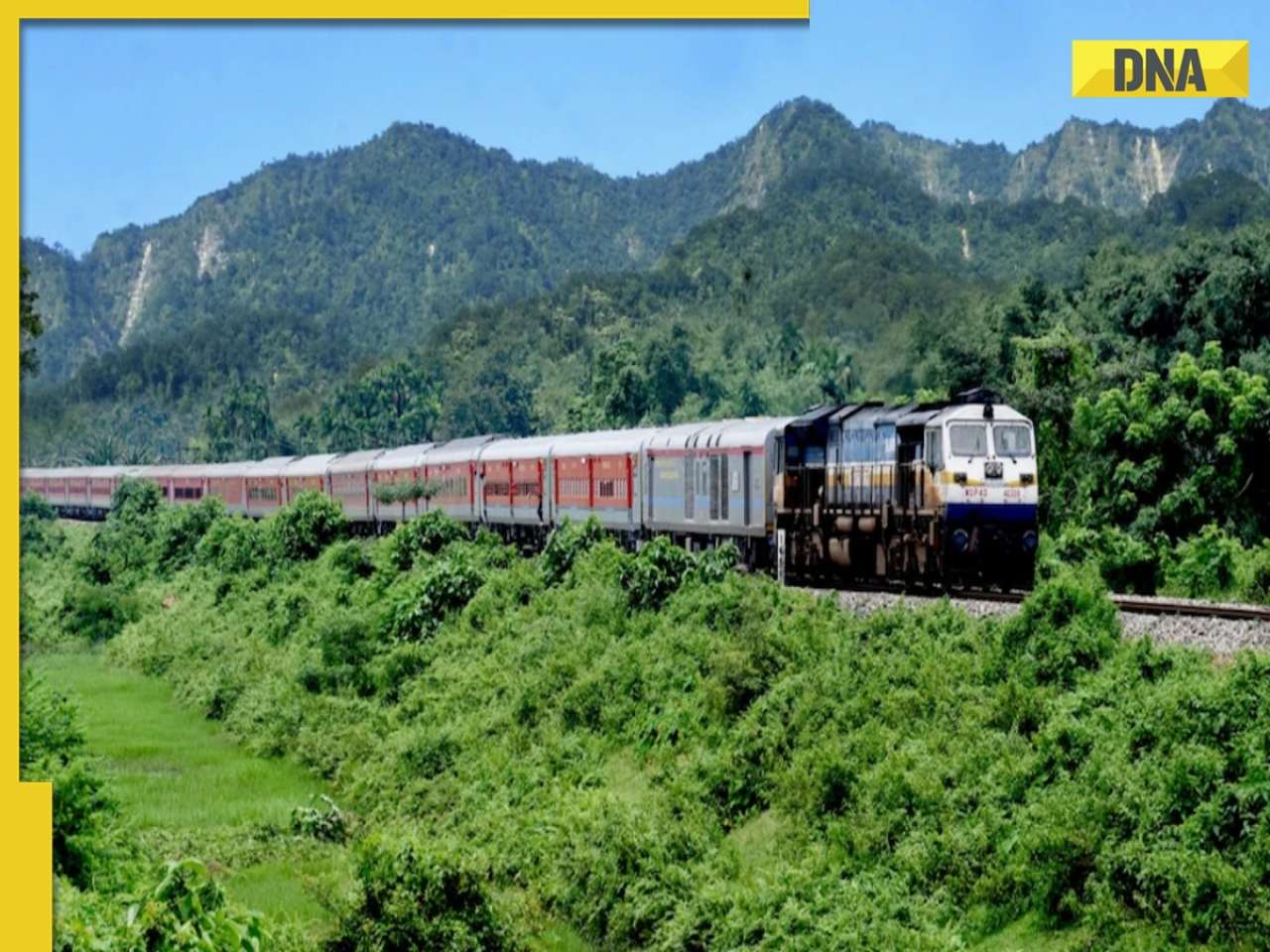






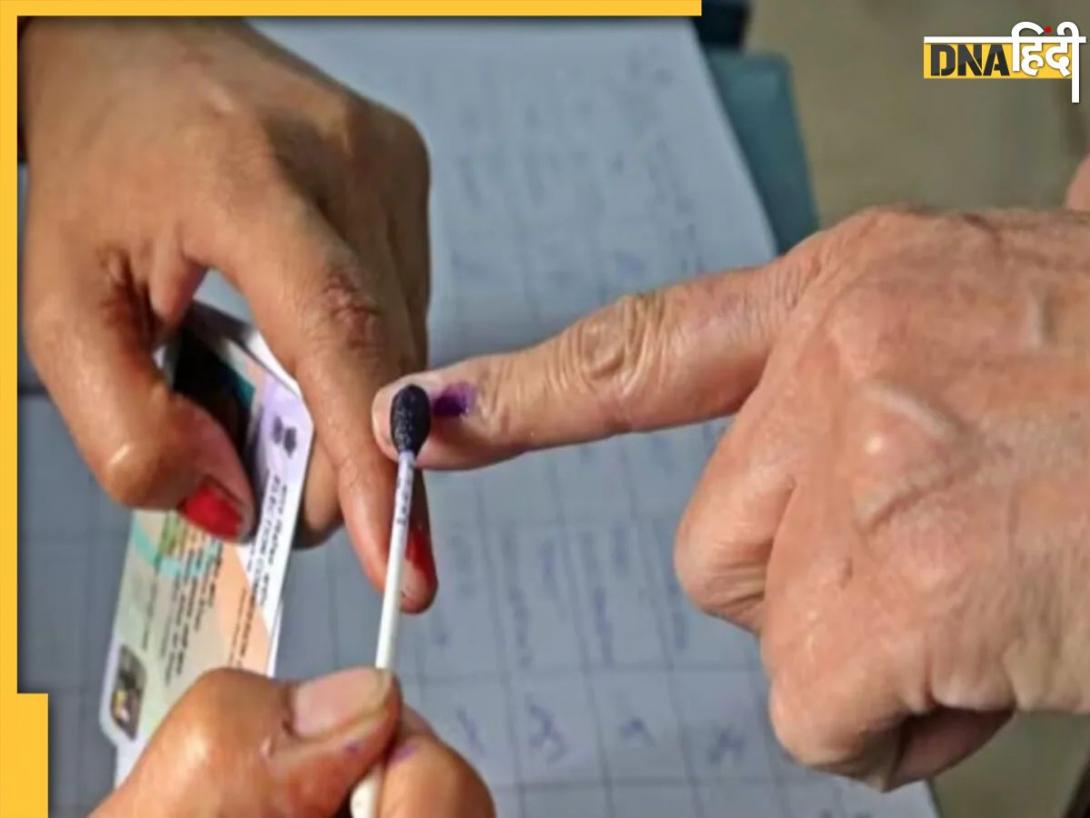

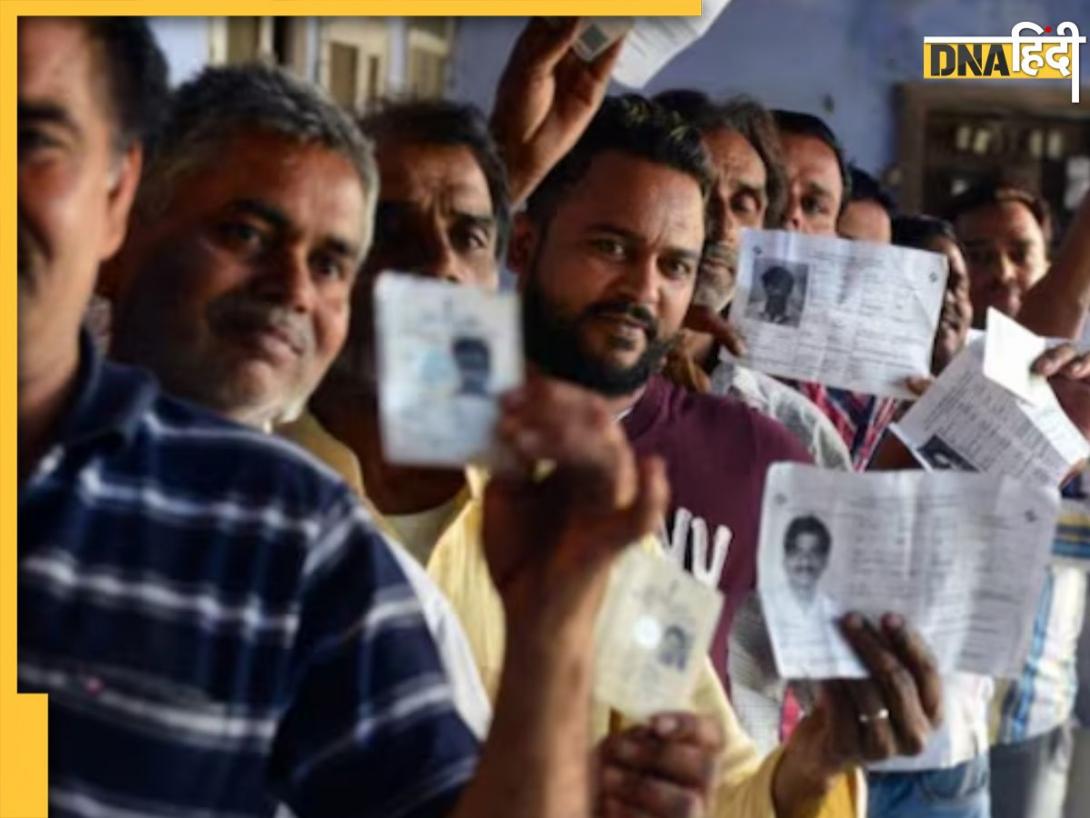

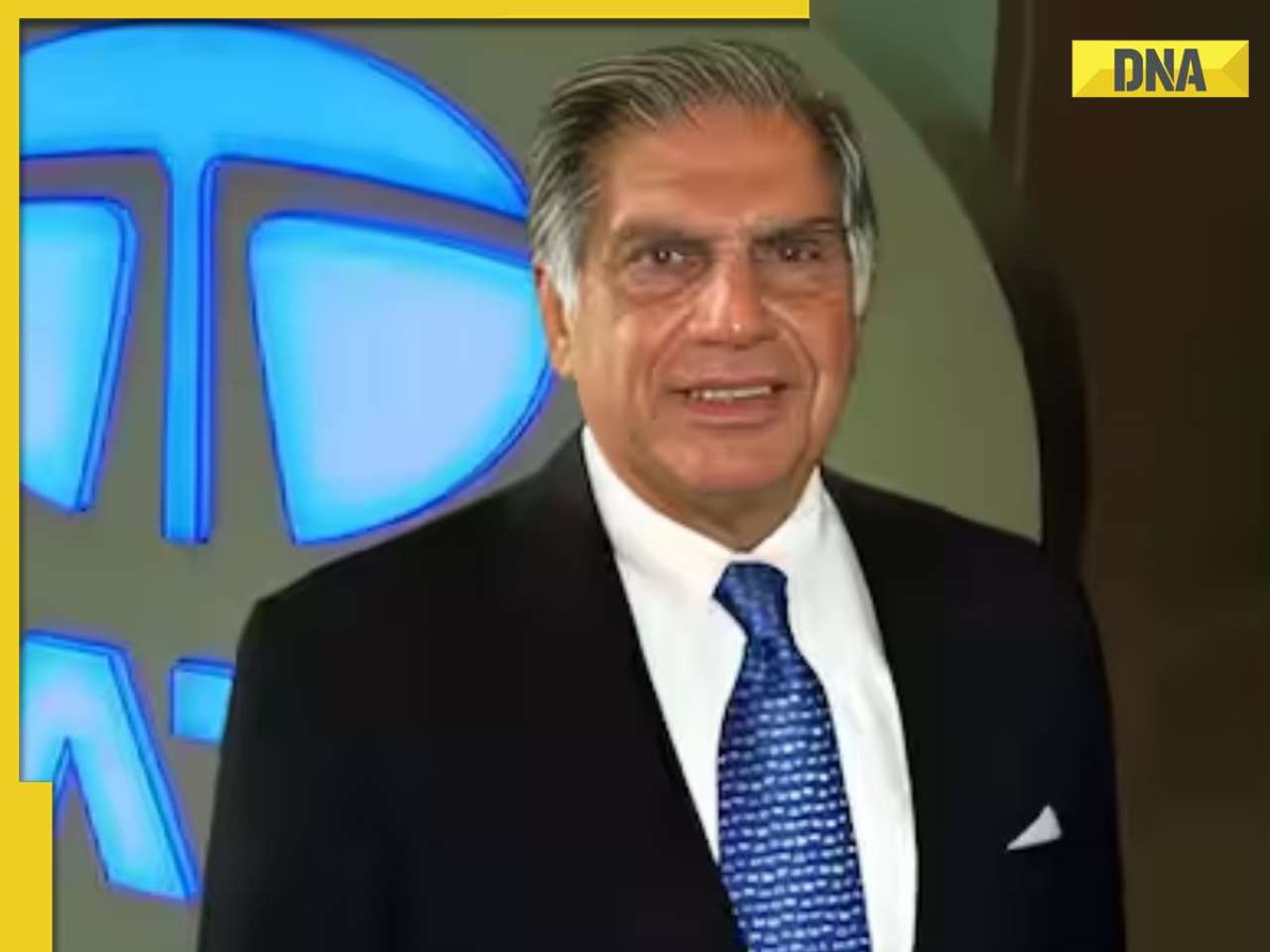

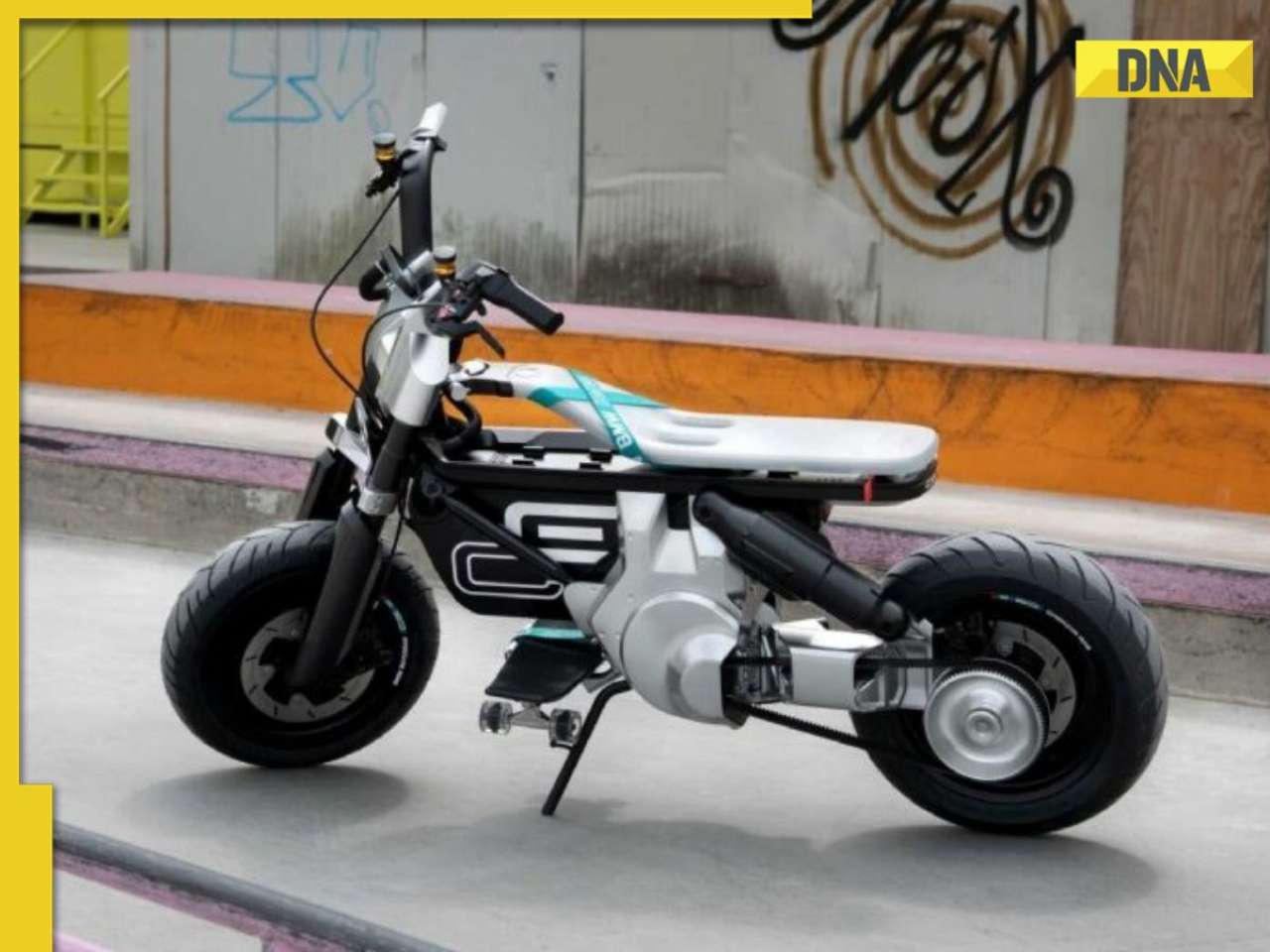



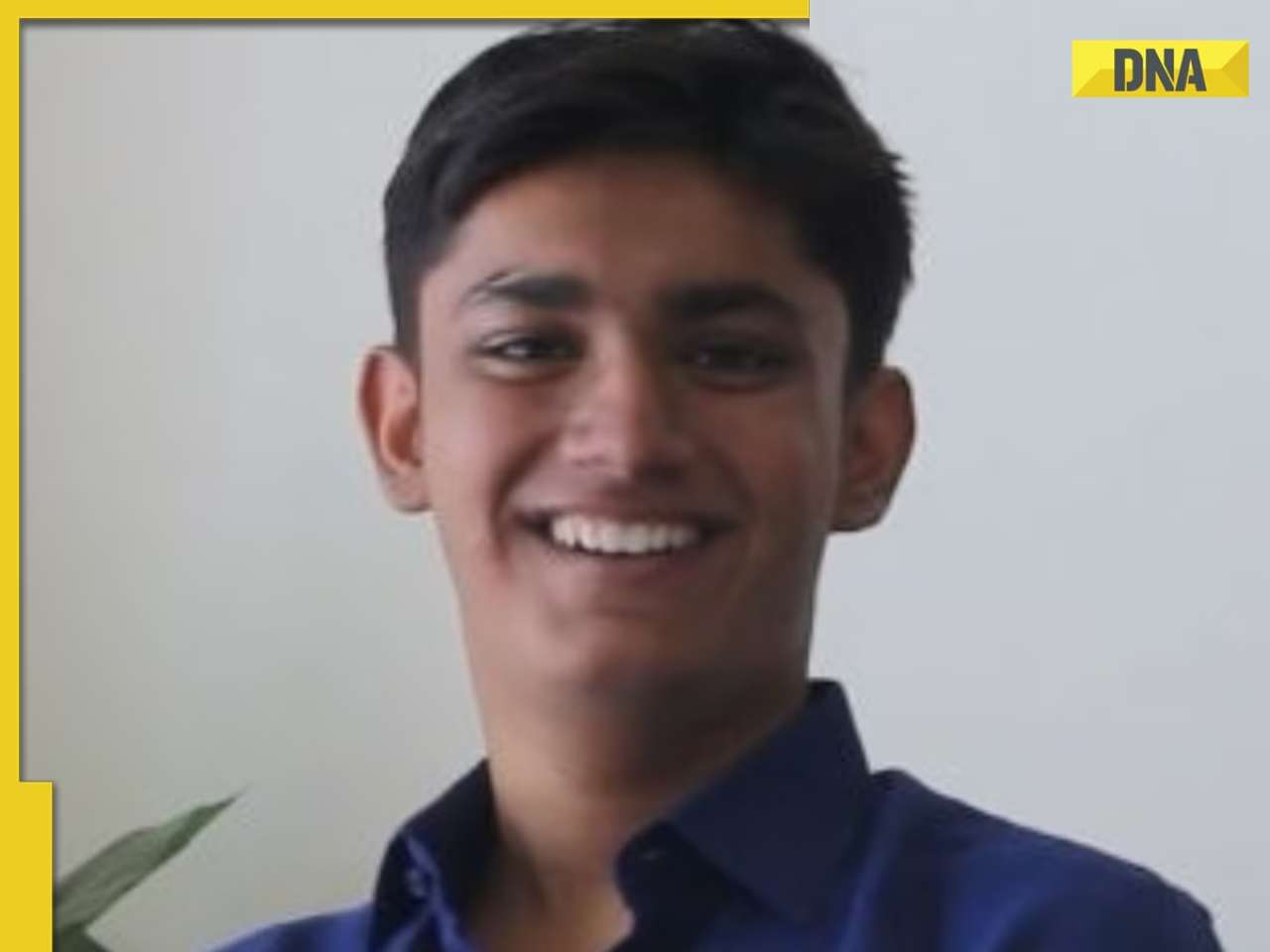

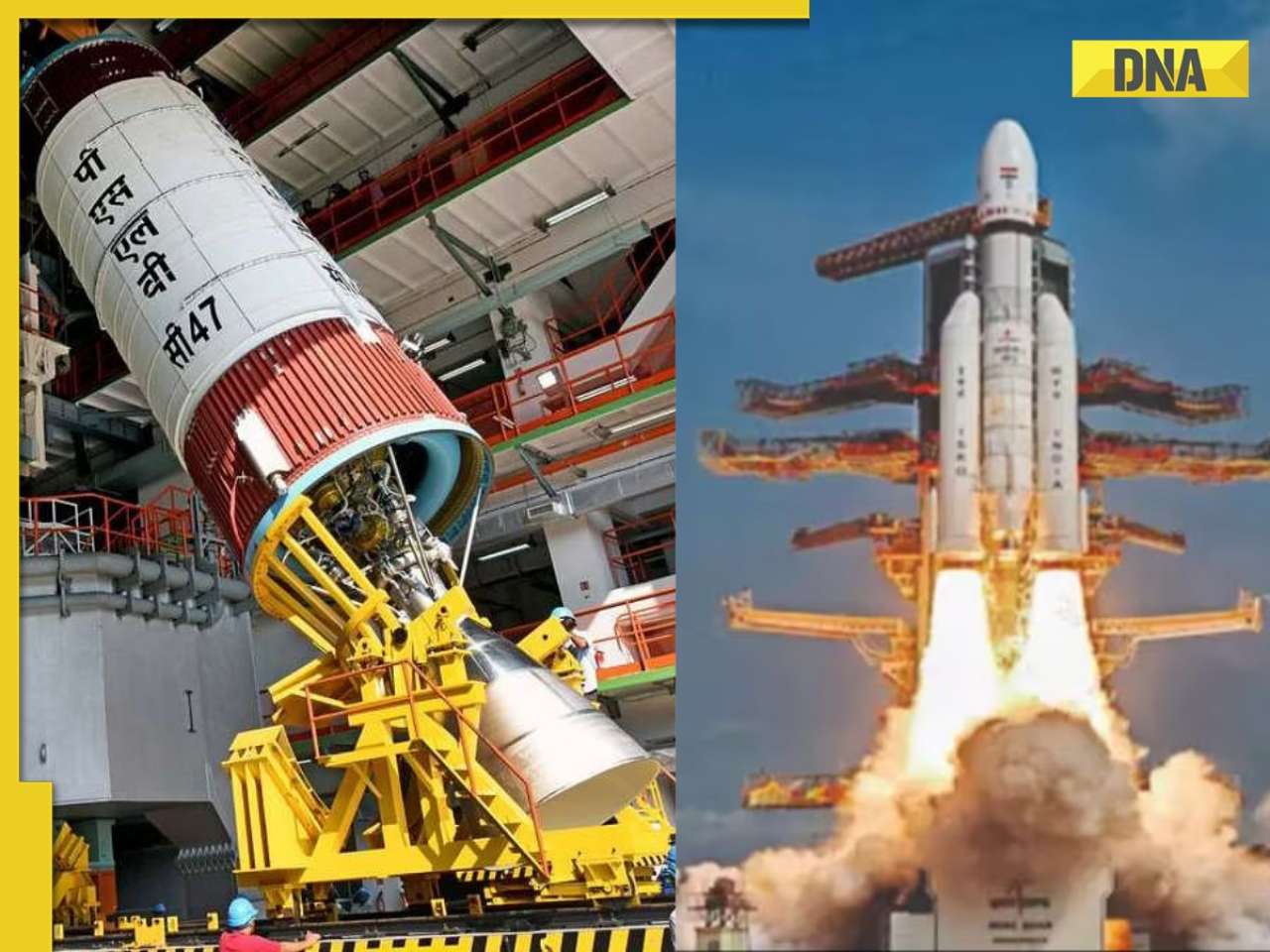
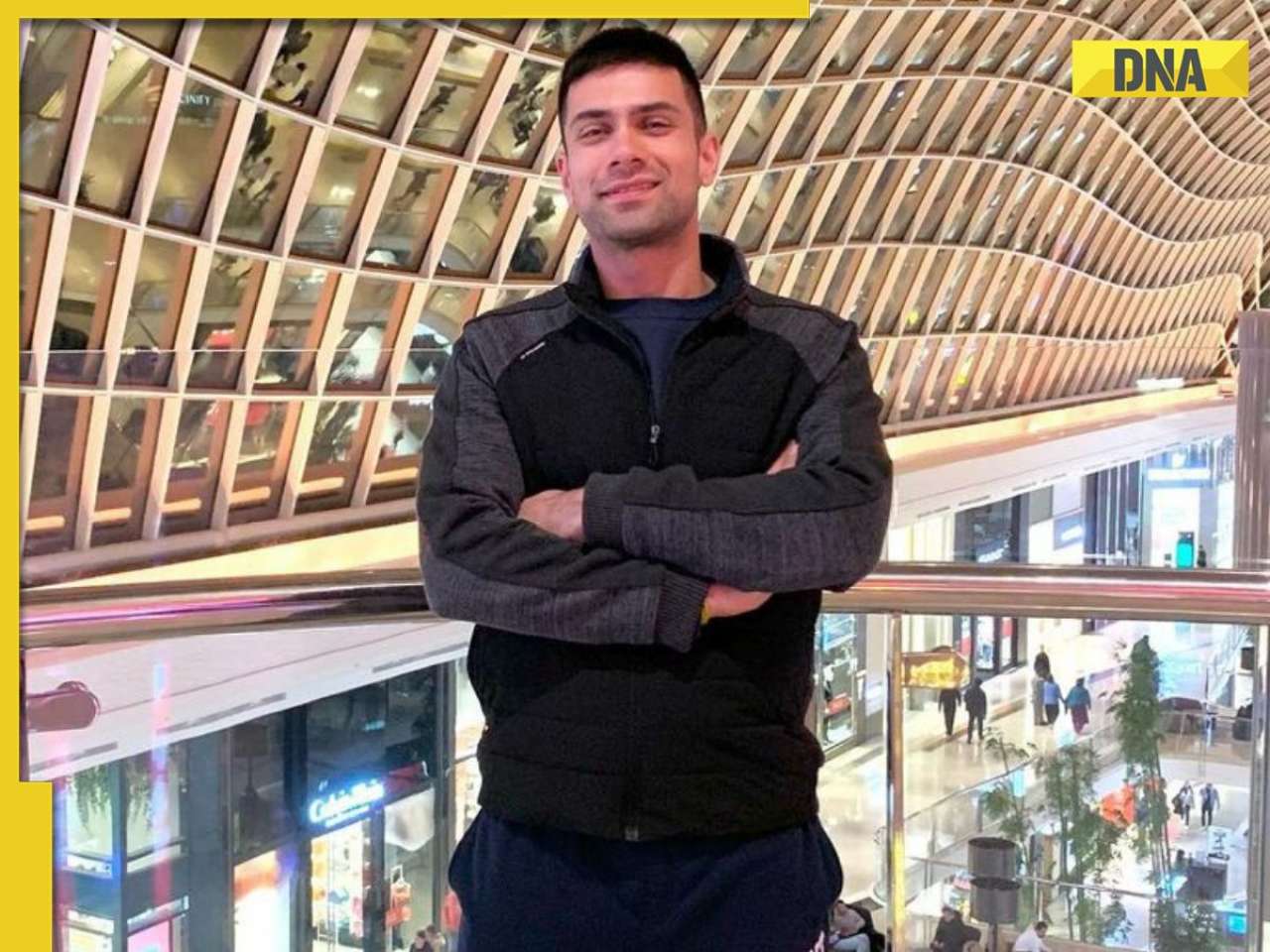
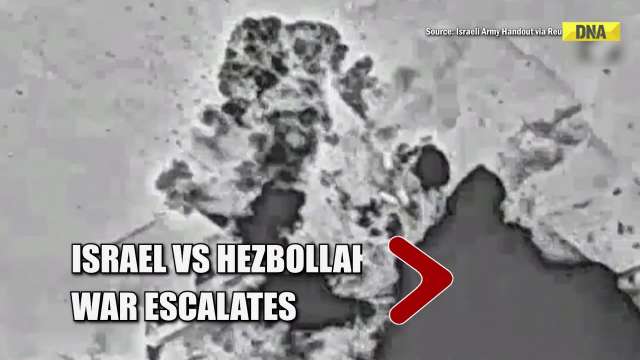
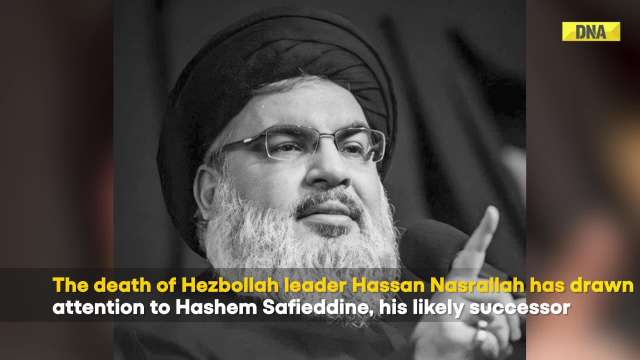
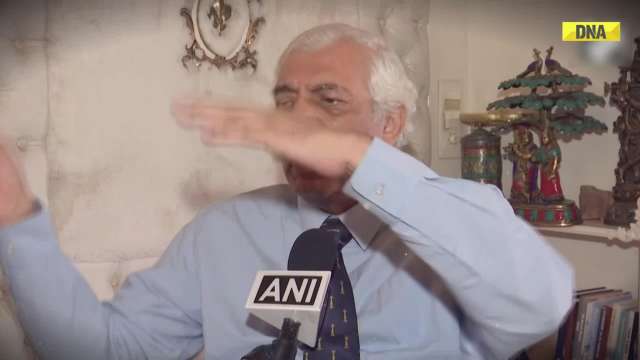
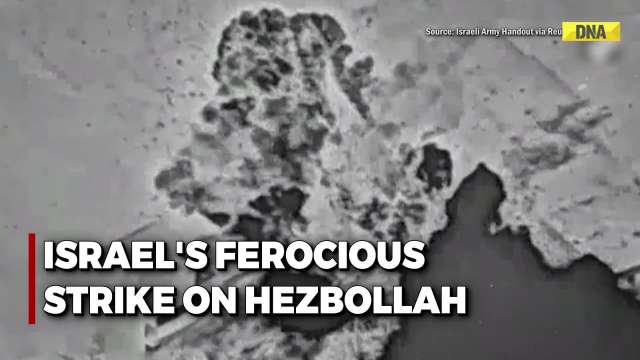
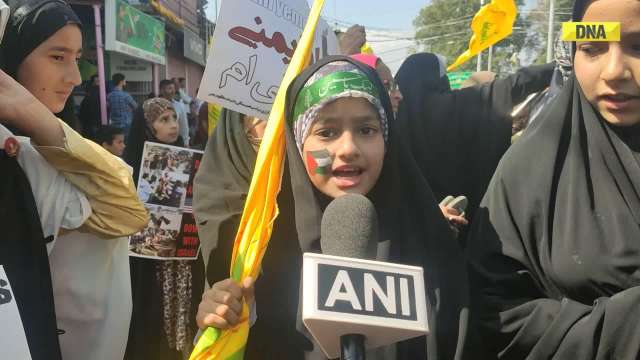

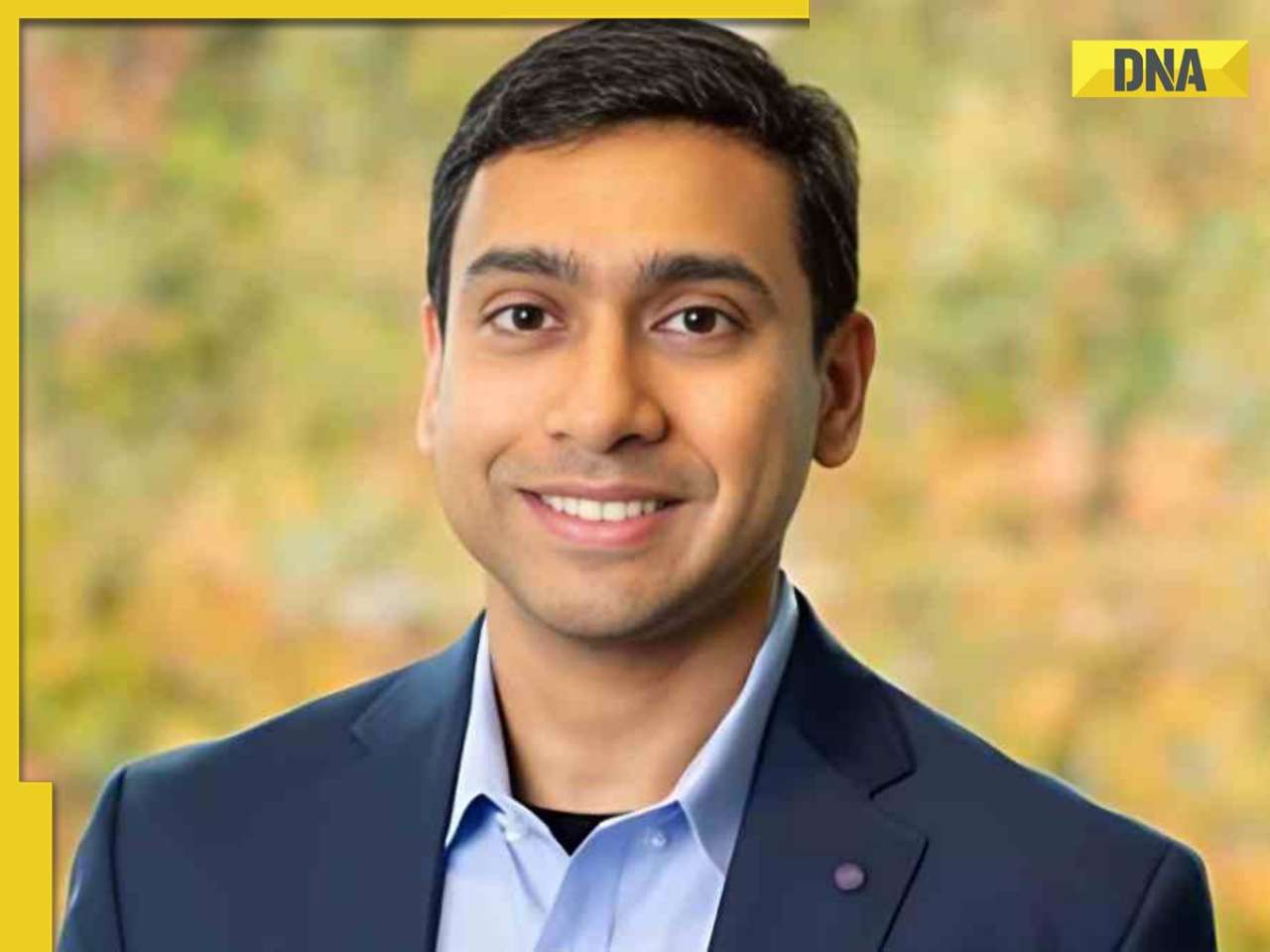

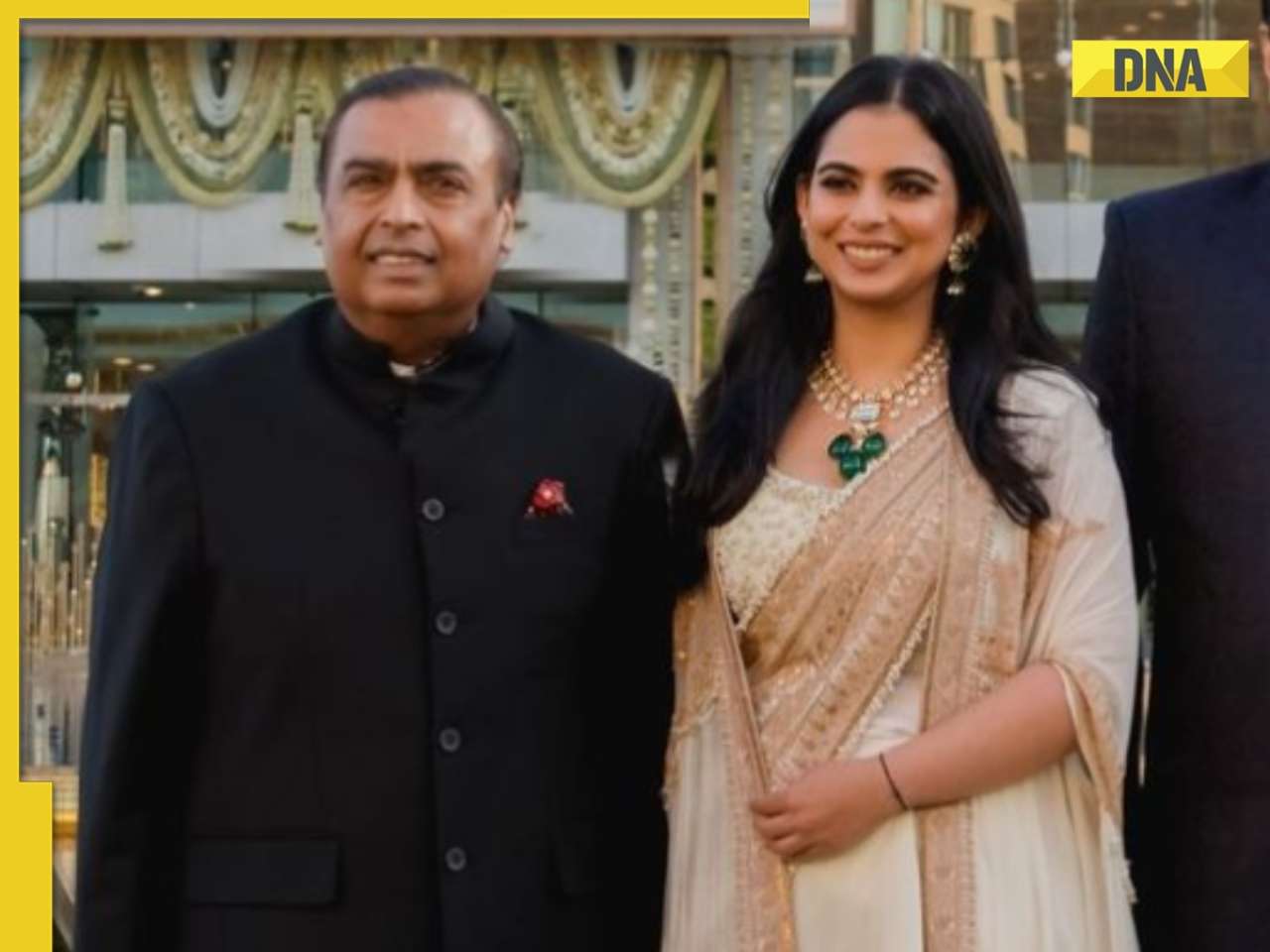


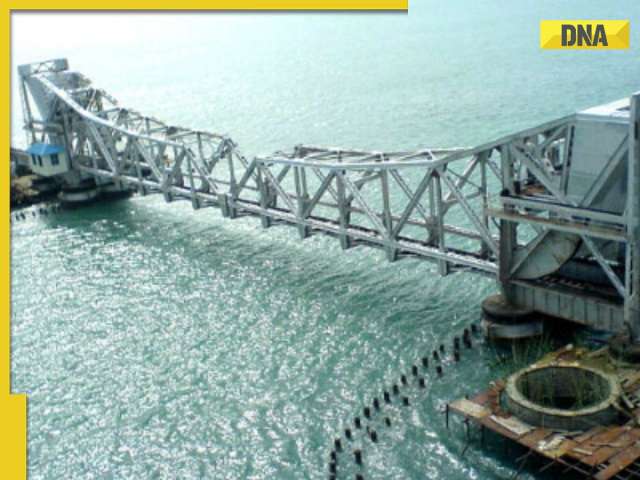
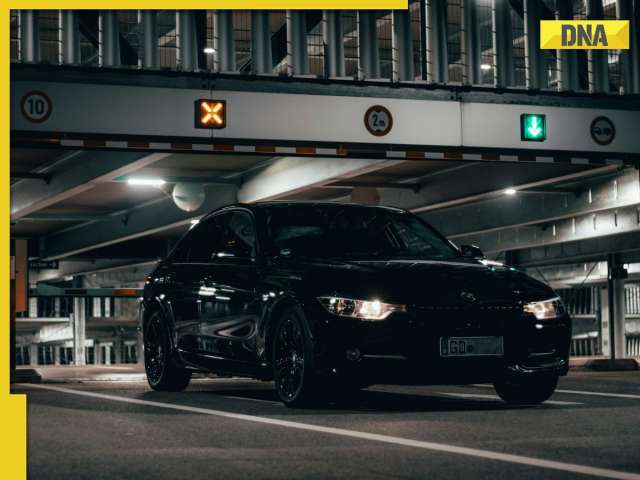


)
)
)
)
)
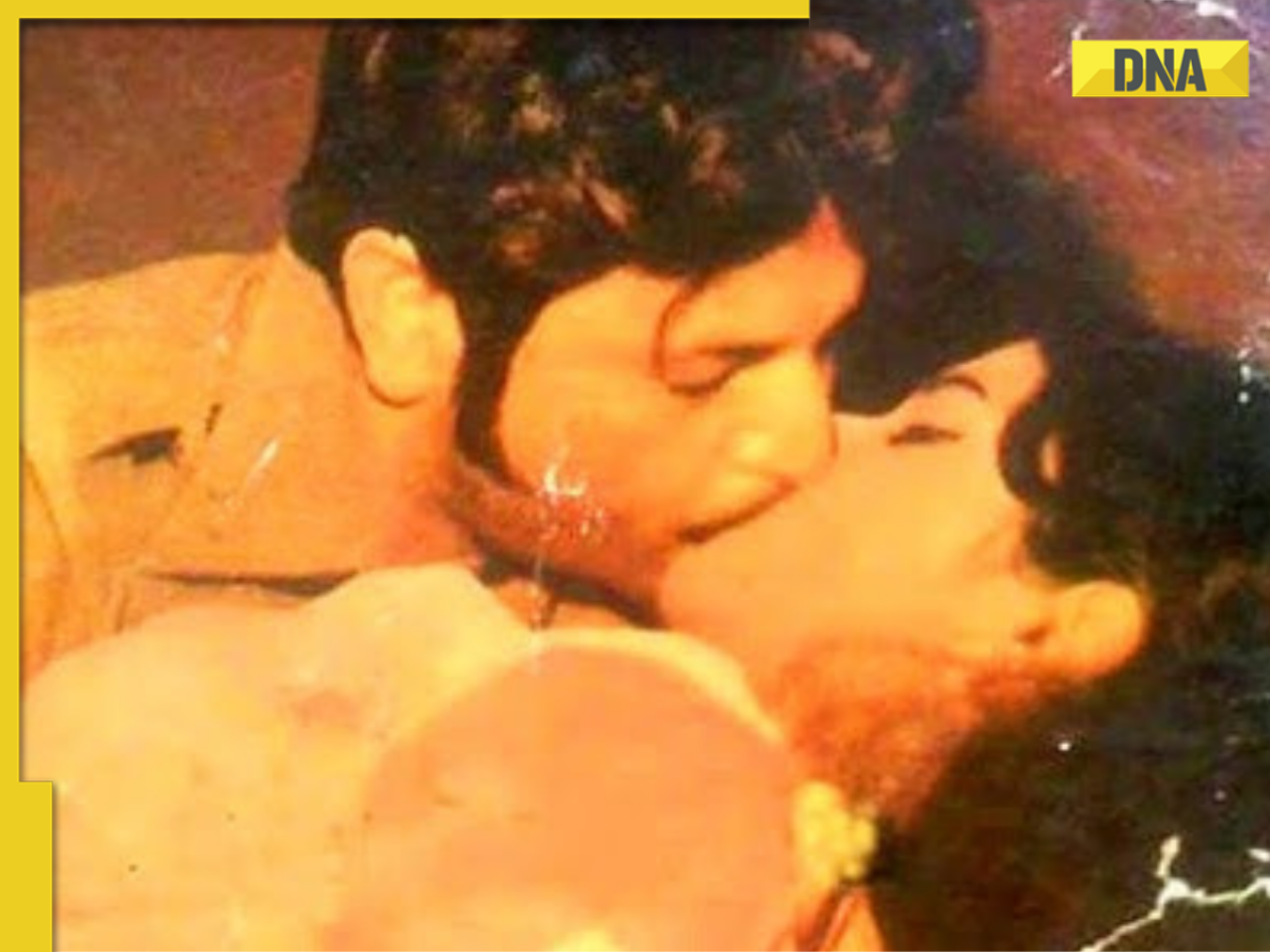)
)
)
)
)
)
)
)
)
)





)
)
)
)
)
)